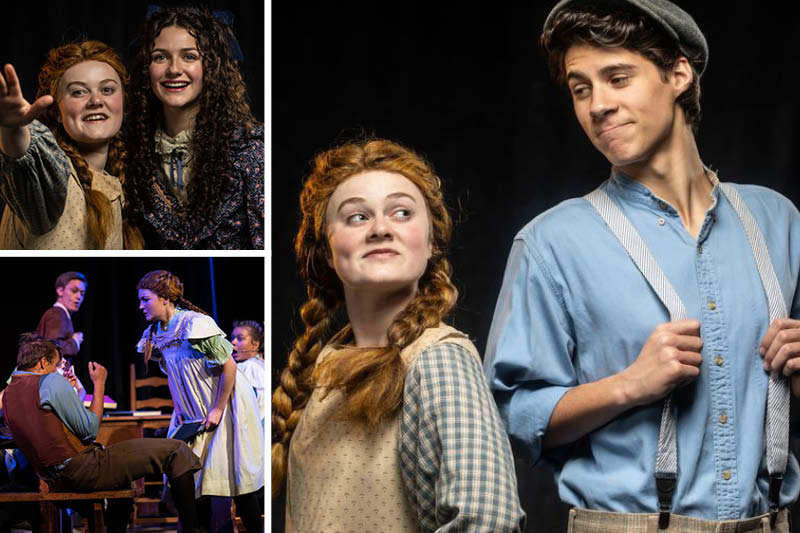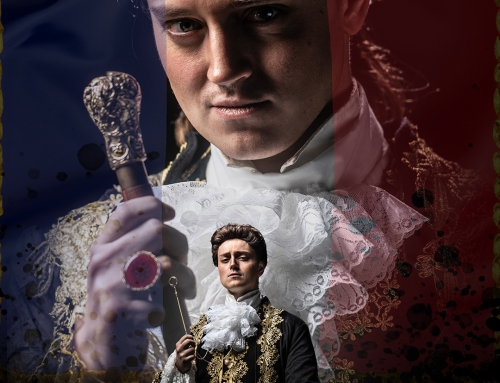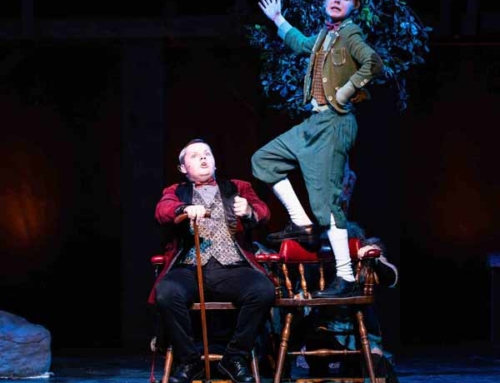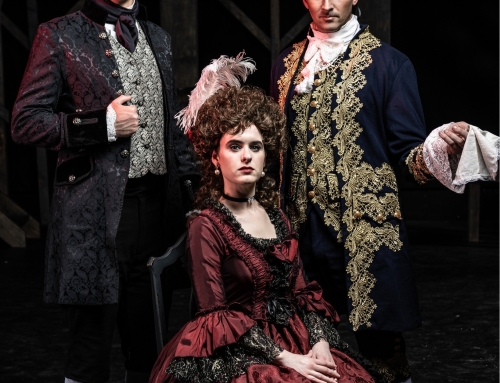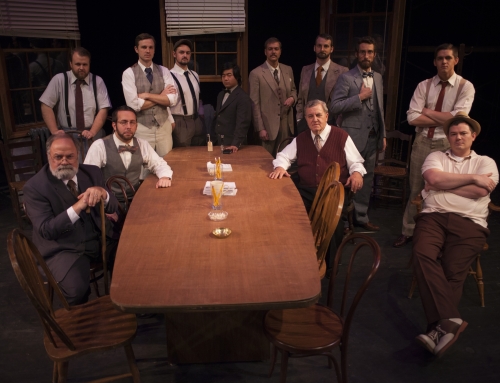5 Ways to Parent a Precocious Child: Wisdom from Matthew and Marilla of Green Gables
January 12, 2022 | Nicole Chavers Stratton
“Isn’t it splendid to think of all the things there are to find out about? It just makes me feel glad to be alive–it’s such an interesting world…” – Anne Shirley
Do you want this to be your child’s perspective on life? I know I do. I want my son to have a godly curiosity and imagination about the world around him. I want him to realize that there is no one else like him in the whole world and he was designed by an almighty all powerful God to do something that no one else in the whole world is designed to do in the same way he is. I want him to strive to be better every day. I want him to learn discipline and responsibility. I want him to own up to his mistakes and have the character to acknowledge them but not allow those mistakes to hold him back. Are we tracking yet on our desires for our children? Good! But now the question that inevitably follows: How do we put these desires into actions that can play out in our day to day living? Interestingly enough I was recently inspired by the most unlikely parenting duo, Marilla and Matthew Cuthbert from the beloved book ‘Anne of Green Gables.’
You see, one of my master’s students, Katie Venegas, has written the most delightful script based on this book and is currently working on producing it for it’s second run in The Logos Theatre. So, as I’ve been thinking a lot about this story recently, I’ve come to realize that there are some pretty profound truths in it on child rearing, that I hadn’t really thought of before. So, for anyone interested in some quick parenting advice from the Cuthberts, here you go!
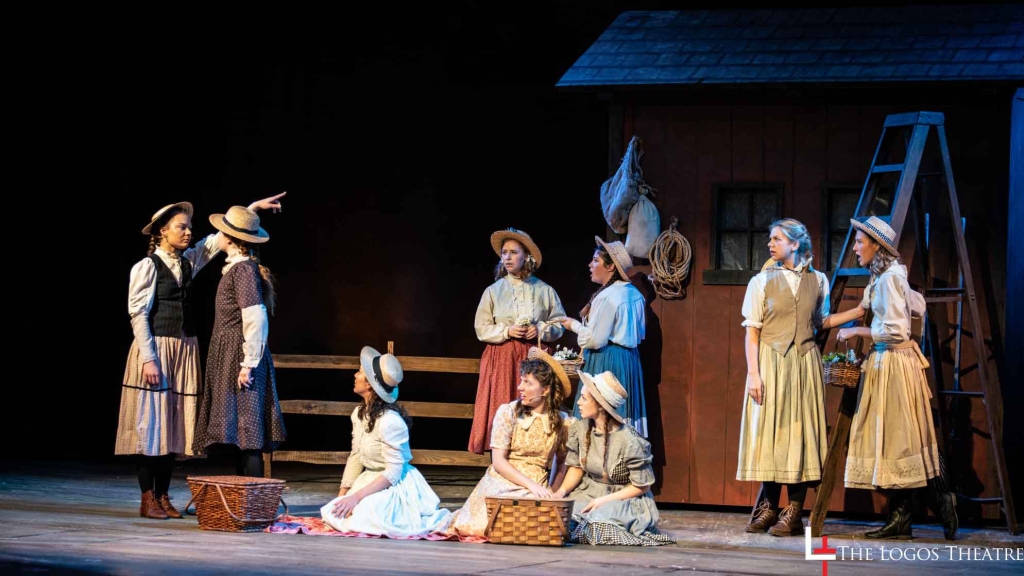
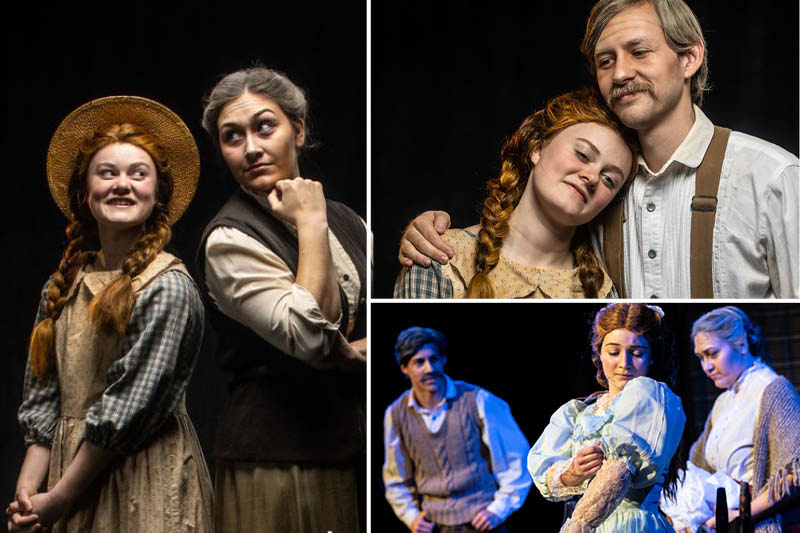
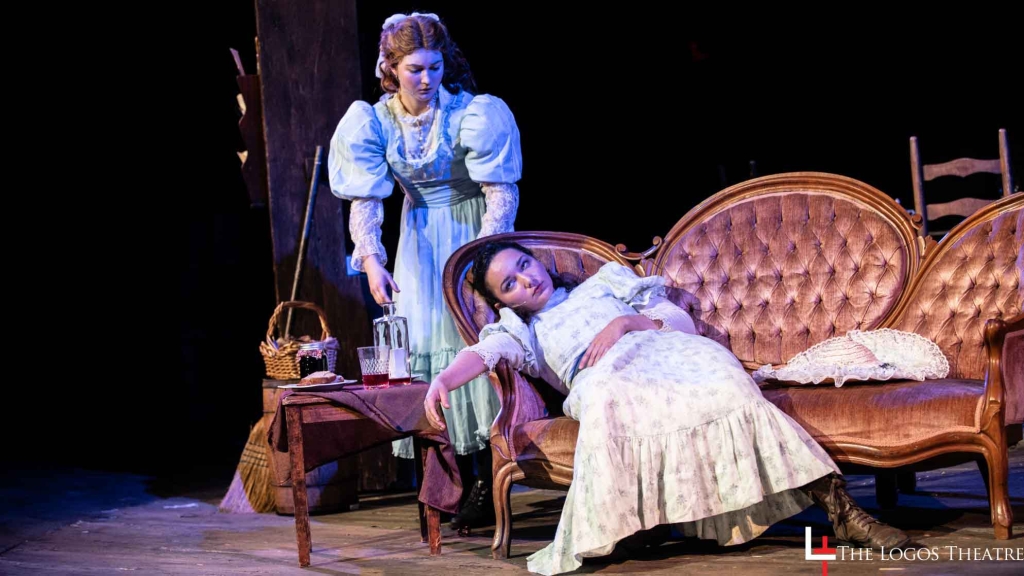
Something particularly inspiring to me is the way Matthew and Marilla leave open doors for Anne’s future. They saw her gifts and abilities, and they fostered them, but they didn’t put her in a box because of them. They pushed her towards excellence in all areas, not just the ones she was gifted in. And as she got older, and romance came more into the picture, they still did not push her towards anything, they simply encouraged her to be the best she could be and let the rest happen in the right timeline. And certainly in the case of Anne, this was of paramount importance. She had dreams—big ones, and allowing her to experience life for herself and see that the grass wasn’t always greener on the other side of the fence, prepared her to not only excel in her calling as a teacher, but also embrace it with joy.
